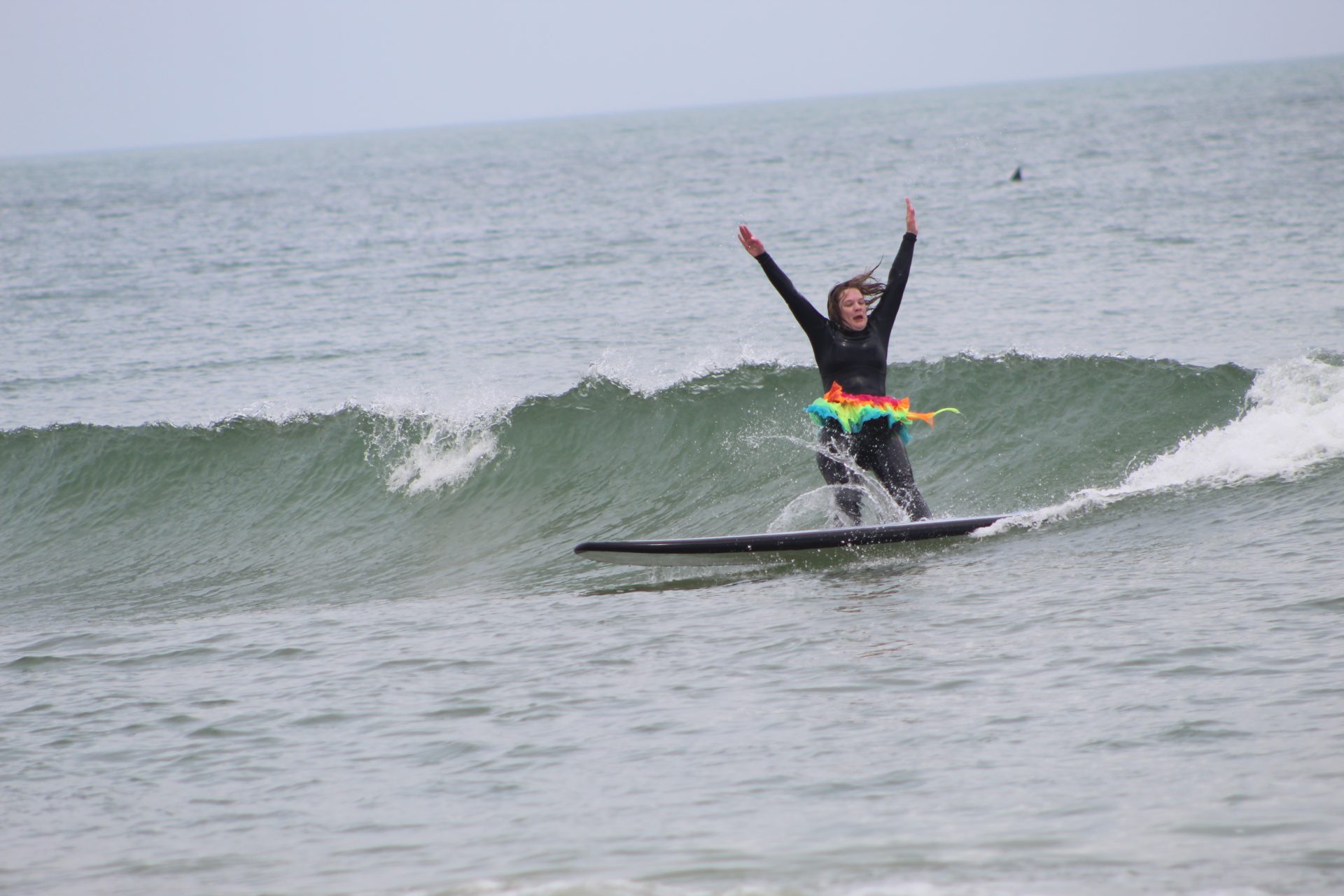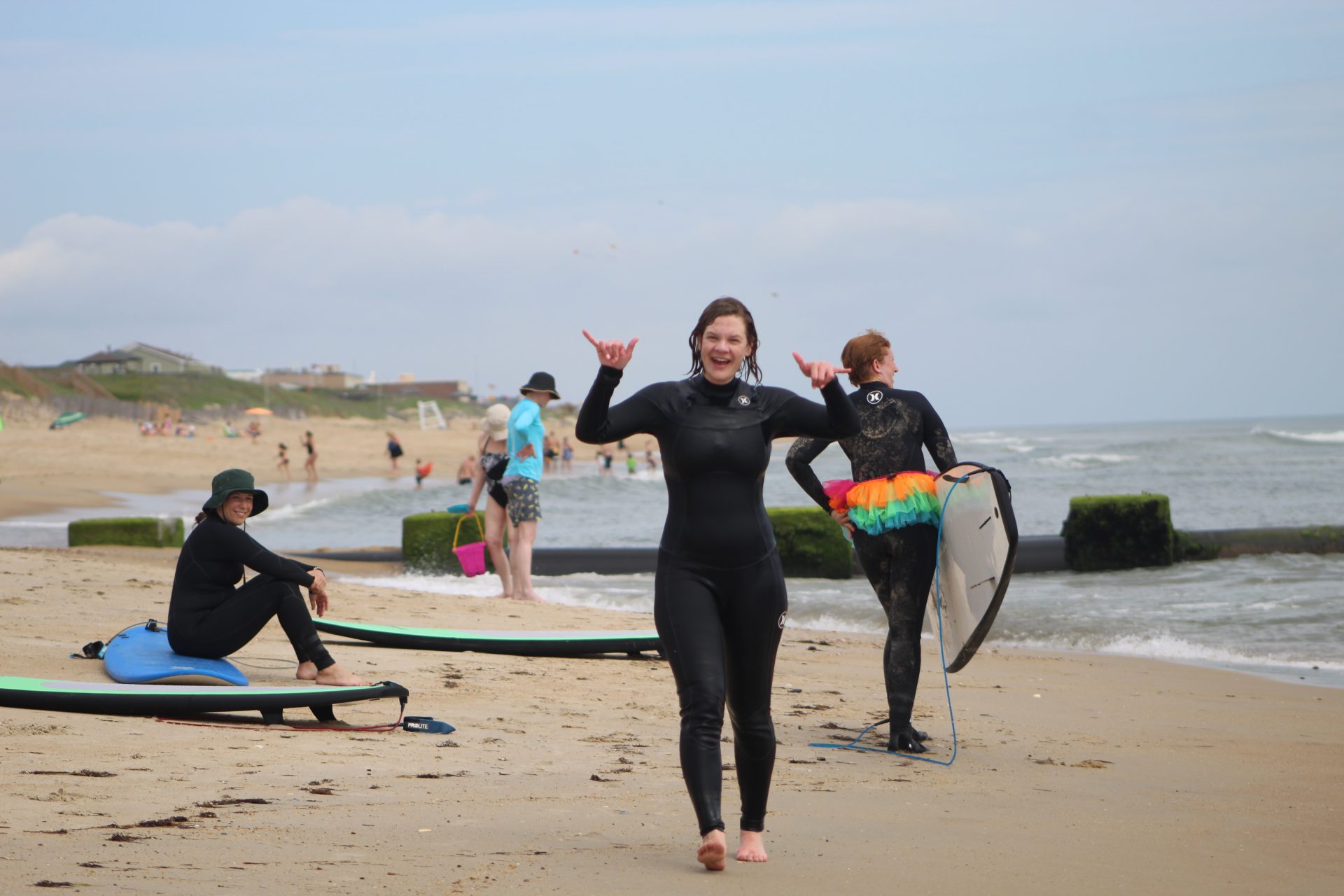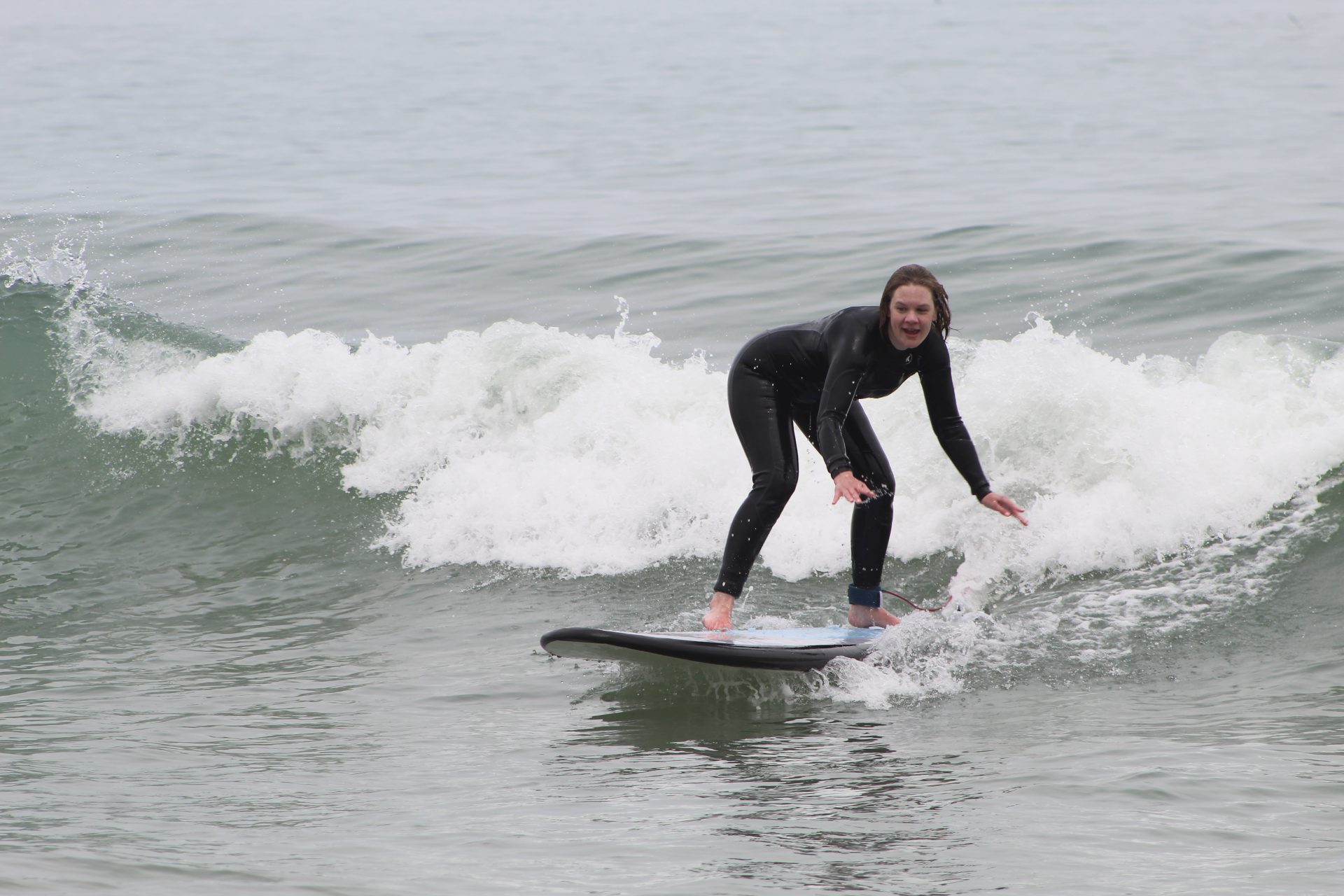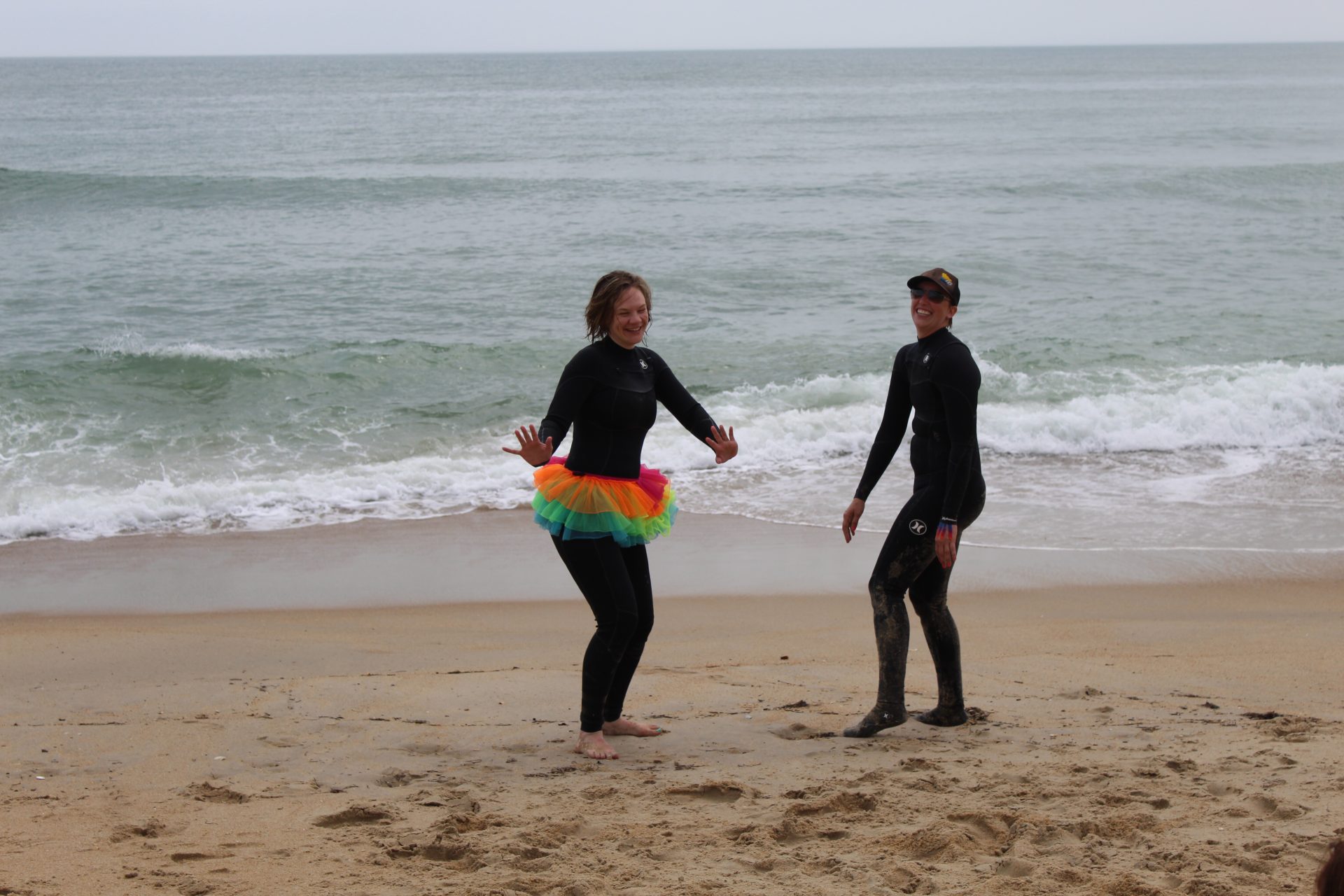Phone: 303.945.2490 Fax: 866.592.6911 Email: [email protected]
621 Kalamath St. Ste 175, Denver, CO 80204
JOIN US FOR A 2025 HEALING ADVENTURE!
After eight years of training as a rehabilitation psychologist, a mental health professional who partners with patients to live life fully and meaningfully after disabling illness or injury, I learned in December 2015 that my additional education would include living as a cancer patient. Diagnosed with stage IIB, triple positive breast cancer, I learned the intricacies of navigating a life-threatening illness: “How will I tell friends and loved ones about the diagnosis?” “How will I continue to work?” “Will my patients notice my hair and weight loss, my fatigue?” “What is my prognosis and how much longer will I get to live?” As the treatment process unfolded, I received excellent medical care and work accommodations. However, the losses and strains of treatment continued to unfold. Family dynamics changed. Financial strain ensued. Fertility questions loomed.
In February of 2018, the most challenging parts of treatment were behind me. I was incredibly grateful for all of the love and support I had been given. At the same time, I lived with significant uncertainty about the future. I felt guilt and sadness for all that my husband and family endured during treatment. I missed my pre-treatment body, which was stronger, and less prone to fatigue. As I scrolled through twitter, a favorite twitterlebrity, Dr. Glauckomflecken, described his experiences with an organization called First Descents and described how it helped him recover from AYA cancer. I wondered if spending time with other survivors, challenging my body, and reflecting on my experiences might help me too.



What followed was a week that would change my life. I joined a group for surfing in the Outer Banks. The surfing was exactly what my soul needed. The metaphors of surfing map on to cancer survivorship so well that it is easy to be overcome by deeply felt cliché’s. “Be patient, the next good wave is coming.” “Trust your body, you’ll learn this.” “It’s okay to fall, it’s how you learn.” After a week of catching waves and eating amazing, healthy food cooked by FD chefs experienced in creating meals made from unprocessed and low-sugar ingredients, my body felt stronger than it had in two years. My trust in it was returning.
My spirit was strengthened by the time and conversations I had with the other survivors on my trip. The week was punctuated by rituals and daily routines that brought us together. Everyone had a unique nickname. Awards were presented at the end of each evening. Each of their stories was empowering, heart breaking, inspiring, and beautiful in its own way. Among them: mothers figuring out how to be with their children during and after treatment, a man who was the first known person to be successfully cured from a typically fatal form of leukemia, a pro-athlete who underwent stem-cell transplant and graft-versus-host disease and in the process reinvented herself multiple times to continue working and advocating, a young woman who was diagnosed with the same disease that killed her mother.
Among them: mothers figuring out how to be with their children during and after treatment, a man who was the first known person to be successfully cured from a typically fatal form of leukemia, a pro-athlete who underwent stem-cell transplant and graft-versus-host disease and in the process reinvented herself multiple times to continue working and advocating, a young woman who was diagnosed with the same disease that killed her mother.
All of them eager and open to becoming vulnerable so that we could work to heal together. I found myself spending the most time with Mary-O. Diagnosed with inflammatory breast cancer, Mary-O spent months away from home being treated in another state at a facility with access to advanced therapies. She worked the entire time while maintaining close connections with her large family and many friends. Despite the gravity of her disease she was charming, loving, strong. On our final day together, we had one last ritual – the basi ceremony. A white piece of thread would be tied onto our wrist, which would send us off with good luck and peace. Mary-O tied my basi. Although we were only together for a week, the meaning of this time spent together, surfing brought healing that went deeper than any scars caused by cancer and treatment.

Although we were only together for a week, the meaning of this time spent together, surfing brought healing that went deeper than any scars caused by cancer and treatment.
As the months and years flashed by, I wore the basi and thought of Mary-O and my friends. When Mary-O died in March 2019, I touched my basi on an hourly basis for weeks – praying for her peace and her family’s comfort, vowing to never take a second for granted. The basi (and the memory of my friends) accompanied me to follow-up biopsies, doctors’ appointments, imaging. They were there at my son’s birth, at international lectures, and during the first time I donned PPE to visit with a COVID+ patient.
The legend of the basi is that it should be worn, without removal or cutting. It falls off when the wearer no longer needs its ties. I was gutted this past summer when I accidentally tore it off. I was rushing to work where I would be seeing COVID+ patients after a follow-up appointment and, as I ripped off a hospital bracelet, the basi came with it. For weeks, I was terrified by the superstitious worry that my thoughtlessness would bring cancer recurrence or harm. Over time, I realized the alternate symbolism. That life brings new types of survivorship or identities at every turn – wife, cancer survivor, mother. In the weeks prior to losing my basi I had taken on a new identity: frontliner. I witnessed tragedy and heartbreak. Many of our COVID patients and families suffered, and so did my beloved hospital colleagues. I cannot help but wonder if ripping off my basi was a signal – perhaps it is time to ensure that those with frontliner identities also take their opportunity to participate with First Descents. Perhaps the colleagues who have seen and done so much can spend time healing in nature with other survivors. Basi is a reminder of connection, resilience, and ultimately how we move forward together – I think we could all use that right now.
Megan “Meggles” Hosey Mastalerz joined the FD Community Surfing in Outer Banks program in 2018. She is a clinical psychologist and assistant professor at Johns Hopkins School of Medicine where she helps people who are recovering from critical illness. You can find her on twitter @DrMeganHoseyPhD
I am a stage 4 prostate cancer thriver and my wife is a stage 4 breast cancer thriver still in treatment. We would love to learn more about your programs.